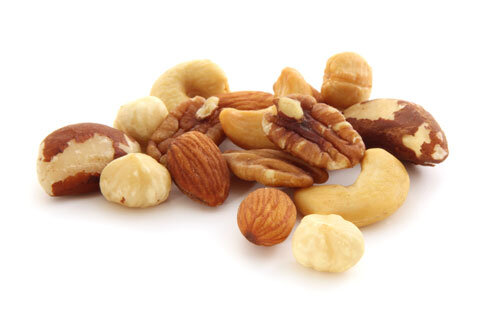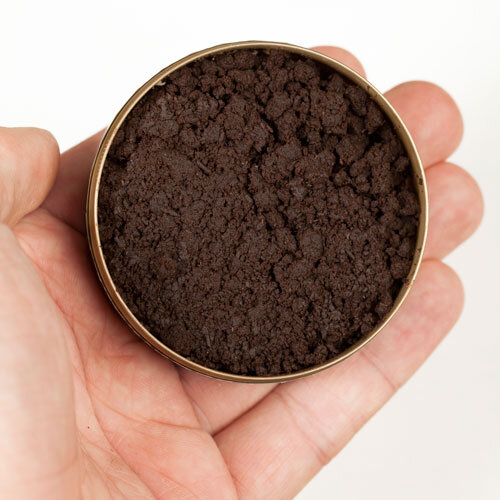Nuts are a delicious snack. Those who taste nuts for a living describe the flavor as sweet and buttery. A handful satisfies most midday appetites. They are crunchy. They are healthy. They are delicious. While not everyone can tolerate eating nuts, their delicious flavor appeals to many people. In fact, in recent years almonds have surpassed peanuts as America’s favorite nut. Did you know that eating nuts for a snack could help keep your teeth healthy?
Nuts Benefit Your Teeth
Nuts are a top choice for a snack. Almost all nuts are low in carbohydrates. Sugar and carbohydrates are the top two offenders in the mouth. Both ingredients can lead to a buildup of plaque, which is the first step in tooth decay. By avoiding sugar and carbohydrates, your teeth are less prone to cavities. Consuming raw foods, like fruits and vegetables, drastically reduces your risk of gum disease. Chewing nuts also reduces your risk of gum disease and nuts also helps to strengthen your teeth. Nuts can even remove bacteria as the texture of the nuts cleanses the surface of your teeth and increases your flow of saliva.
A Healthy Snack
Nuts can be eaten alone or paired with other foods to make a healthy snack. Everyone has their favorite trail mix, but did you think of nuts with steamed vegetables? Try tossing some pecans with steam green beans with a little olive oil and salt. Almonds can decorate the top of any favorite breakfast cereal which will enhance the flavor and texture as well. Walnuts can improve practically any salad. Nuts can even go inside tortillas with meat, cheese, and a vinegar-based dressing.
Call Our Offices
We like to help people keep their teeth healthy. Many lifestyle choices can impact the health of your teeth. While eating nuts may be one way to stay healthy, we would love to discuss other healthy practices at your next routine cleaning and checkup. Give us a call today at our Milwaukie or Oregon City offices!









